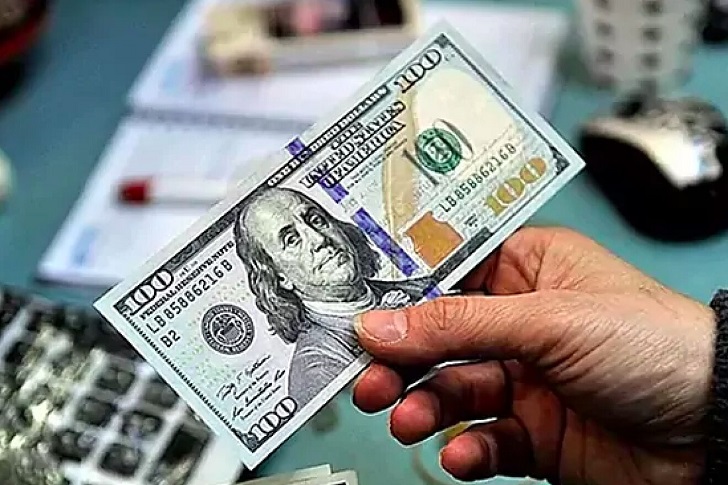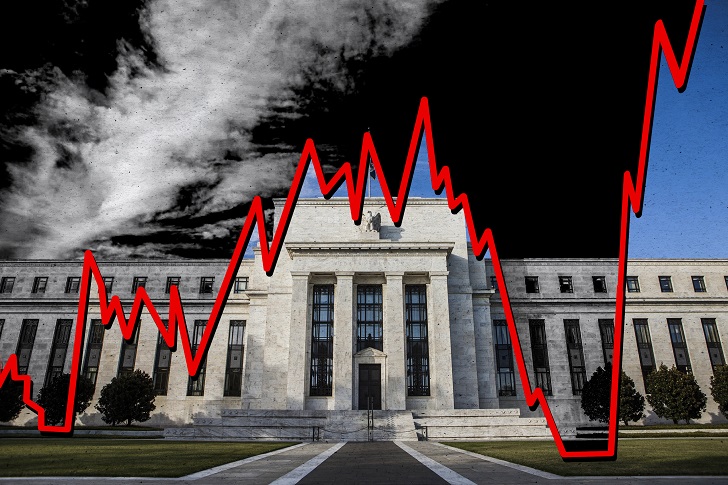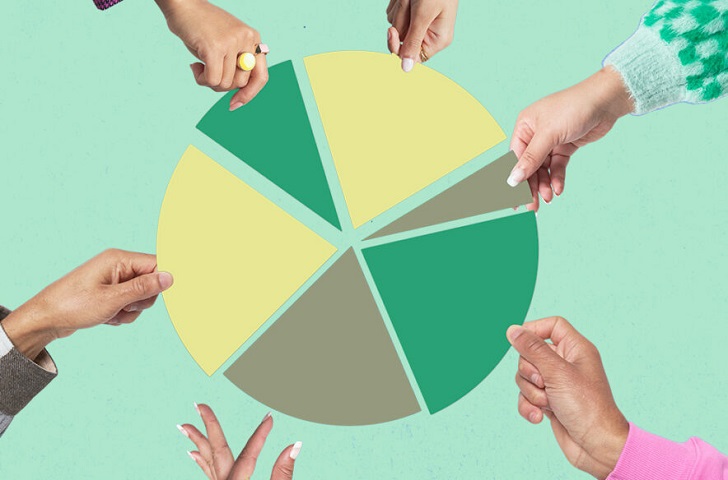How Does the Hike in Fed Rates Impact Your Money
An economy is a well-oiled machine. Currently, inflation is at its highest level in decades, with the rising costs of everything from groceries to vehicles to rent/utilities. Additionally, the employment market is unsustainable, with roughly twice as many vacant positions as job seekers.
Typically, the hardware is maintained through the financial system, consumer spending, and company activities. Occasionally, these cogs malfunction or go into overdrive, necessitating a slowdown of the vast system.
Enter the Federal Reserve, which has been rapidly raising interest rates, the central bank’s primary instrument to reduce inflation, cut demand for goods and services, and slow the economy. We won’t know until much later if the Fed has been successful or slowed the economy too much, causing a recession. Read further to understand the effects caused due to the rise and decline in Fed rates.
Going Down

SAM/ Marca | Rates go up when the economy is hot
If interest rates are reduced, certain forms of borrowing can become more affordable. The interest rates on credit cards and auto loans might decline. The same is true for adjustable-rate mortgages and home-equity loans. Even minor modifications might encourage individuals to take out loans and spend money. While some adjustments may take as short as 30 days to reach consumers’ wallets, others may take longer.
However, declining interest rates are not necessarily positive. While borrowing rates may decline slightly, savings are also likely to decline. Lower savings yields indicate that your savings account or certificate of deposit will earn less interest.
Impact on Bonds
Bonds are very sensitive to fluctuations in interest rates. When the Fed raises interest rates, bond prices instantly decrease. New bonds with greater interest rates will shortly be available to investors. To reflect the higher overall rates, the prices of current bonds will fall, making their relatively lower interest rate payments more attractive to investors.
Home Sales

Mallika Mitra/ Money | The Federal Reserve’s mission is to keep the U.S. economy humming
Higher interest rates and inflation often dampen housing industry demand. On a 30-year loan at 4.65 percent, homeowners may expect to spend at least 60 percent in interest throughout their investment.
However, if interest rates decline, the same property with the same purchase price will have lower monthly payments and less total interest paid over the life of the loan. As mortgage rates decline, the same house becomes cheaper, and purchasers should thus be more ready to purchase.
Impact on Stocks
Rising market interest rates can negatively impact stock market performance. When Fed rate hikes increase the cost of borrowing money, the cost of doing business for public (and private) enterprises rises. Higher expenses and less business might result in decreased sales and profitability for public companies over time, which could affect their growth rate and stock prices.
What is the Overall Effect of Interest Rate Changes?

Alex Gailey/ IN | Interest rates and inflation have a direct relationship
The cost of borrowing money gets more expensive as interest rates rise. This increases the price of various products and services, such as homes and automobiles.
Consequently, people spend less, which decreases the demand for products and services. If the demand for products and services declines, firms reduce output, lay off employees, and unemployment rises. A rise in interest rates slows the economy as a whole. Interest rate reductions have the opposite impact.